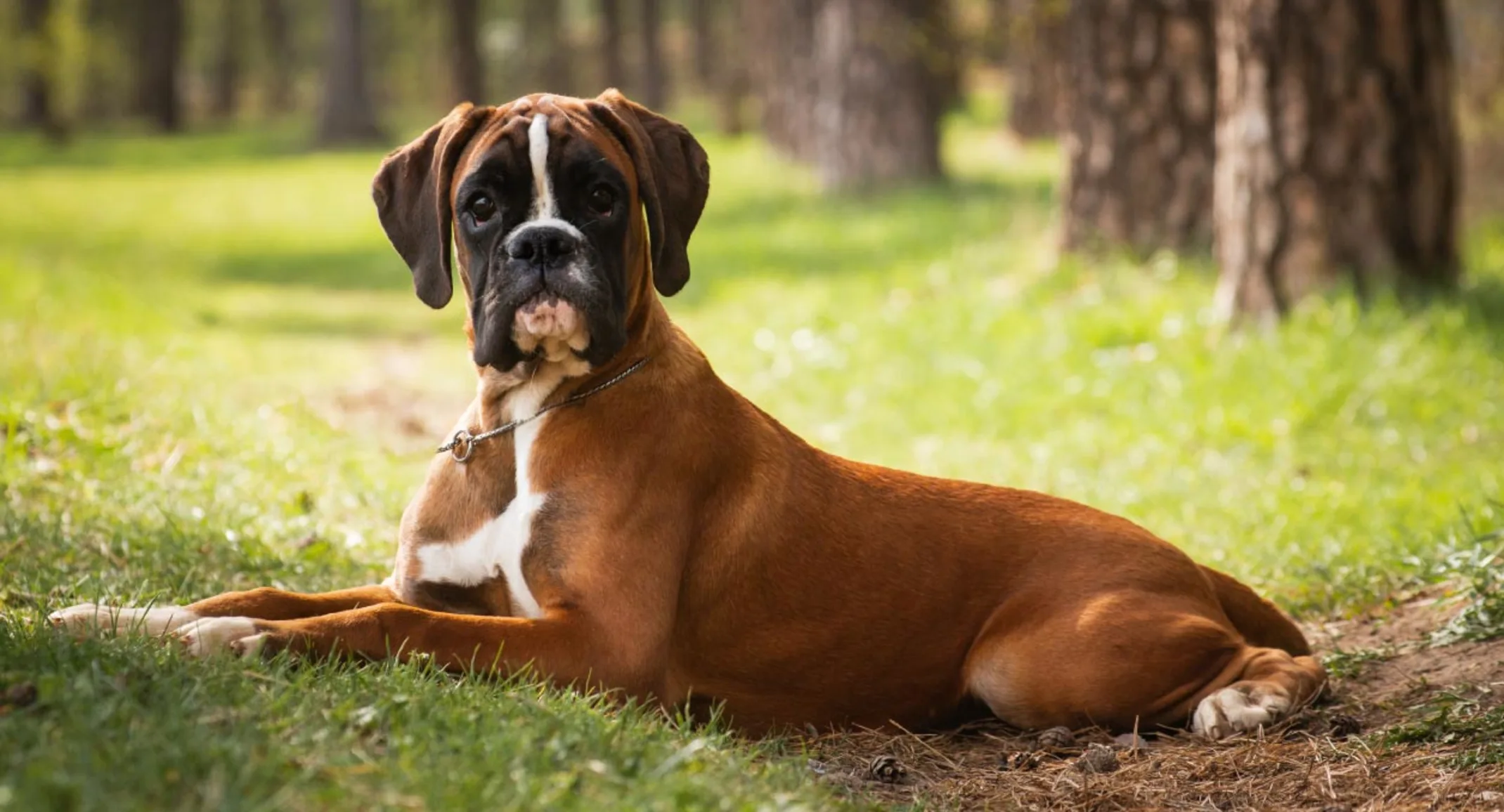The Big Bang: Noise Anxiety in Pets
Pet Health & Wellness

Noise anxiety in pets is common and can cause safety concerns as well as decreased quality of life, especially if it progresses into a phobia. Your friends at Conrad Weiser Animal Hospital are here to help decrease the chances of your pet developing noise anxiety with an overview and recommendations.
Noise Anxiety in Pets and How it Develops
Noise anxiety in pets is defined as an intense fear of noise. These noises can be anything from loud parties to fireworks, a big thunderstorm to police sirens, and so on. Some pets respond to only one of these triggers, while others are fearful of any loud noise.
If a pet has noise anxiety, they generally have specific symptoms, which include:
Trembling/shaking
Loss of appetite
Clinginess
Panting
Pacing
Chronic barking and or howling
Defecating
Chewing
Drooling
Attempts to escape
There is no one answer to why some pets develop a noise phobia, but there are a few factors that predispose a pet. These can include genetics/breed, trauma, lack of socialization or under socialization, being rewarded for anxiety/fear, a medical condition, and learned behavior.
Treatment for Noise Anxiety in Dogs and Cats
The first consideration is to ensure your pet is healthy. Make an appointment with us to rule out any medical conditions that might be behind the symptoms you’ve observed.
Once your pet is diagnosed with anxiety, we can provide several options for your furry one. Some medications can be helpful in more serious cases, while supplements, calming treats, and pheromone sprays that decrease anxiety also are useful.
At home, it is important to keep your pet safe during the noise.
Find a quiet place in the home that is secure, where your pet cannot escape, and allow them to hang out there during the noisy event.
Avoid going outdoors with your pet during the ruckus.
Stay with them and distract them with toys and treats, as well as snuggles.
Mask the source of the fear with white noise like a fan, tv, or radio played at low volume, or other forms of low-level sound, such as a CD designed for pet noise anxiety.
Consider using a Thundershirt, which is a form-fitting vest that decreases anxiety when worn.
Use calming treats and sprays, such as Bach Flower Remedies line of pet stress formulas.
Secure all gates, doors, and windows to prevent an escape.
Make sure your pet has a microchip and identification tags that are current.
When Pets Are Afraid of Fireworks and Other Loud Noises
Most pets are startled by noise. Their sense of hearing is much more acute than our own and any outside noise can cause fear, especially those noises that are erratic, like thunder. If your pet is suffering from the impact of noise, please contact us. We can help diminish stress and fear by offering good solutions.


